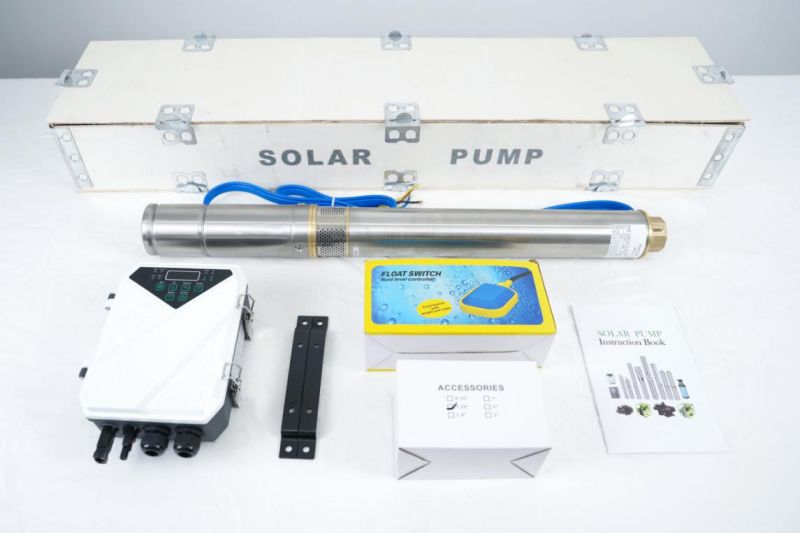Solar-powered irrigation systems could be a game-changer for small farms in sub-Saharan Africa, a groundbreaking new study finds. The study, conducted by a team of researchers, shows that stand-alone solar photovoltaic irrigation systems have the potential to meet more than a third of the water needs of small farms in the region.

The findings of this study have profound implications for the millions of smallholder farmers in sub-Saharan Africa who currently rely on rain-fed agriculture. Due to frequent droughts and unpredictable weather patterns, these farmers often struggle to obtain the water they need to irrigate their crops, resulting in low yields and food insecurity.
The use of solar irrigation systems could revolutionize agriculture in the region, providing small farmers with a reliable and sustainable source of water for their crops. This would not only improve food security for millions of people, but also increase agricultural productivity and smallholder incomes.
The study evaluated the performance of stand-alone solar photovoltaic irrigation systems in three countries in sub-Saharan Africa and found that these systems were able to meet more than a third of the water needs of small farms. In addition to providing water for irrigation, solar systems can also power other agricultural machinery such as water pumps and refrigeration units, further increasing agricultural productivity.
The study also highlights the environmental benefits of solar irrigation systems, as they produce no greenhouse gas emissions and have minimal impact on the environment. By reducing reliance on diesel pumps and other fossil fuel irrigation systems, using solar energy in agriculture can help mitigate the effects of climate change and contribute to a more sustainable and resilient food system.
The study's findings raise hopes for small farmers in sub-Saharan Africa, many of whom have long struggled with water shortages and unreliable irrigation. The potential of solar-powered irrigation systems to revolutionize agriculture in the region has generated considerable interest and excitement among farmers, agricultural experts and policymakers.
However, in order to realize the full potential of solar irrigation systems in sub-Saharan Africa, several challenges need to be addressed. Providing financing and technical support to smallholder farmers to adopt these systems, as well as developing supportive policies and regulations, are critical to expanding the use of solar energy in agriculture.
Despite these challenges, research shows that solar-powered irrigation systems have the potential to be a game-changer for small farms in sub-Saharan Africa. With the right support and investment, these systems can play a key role in transforming agriculture in the region, improving food security and empowering smallholder farmers to thrive in the face of climate change.
Post time: Jan-15-2024